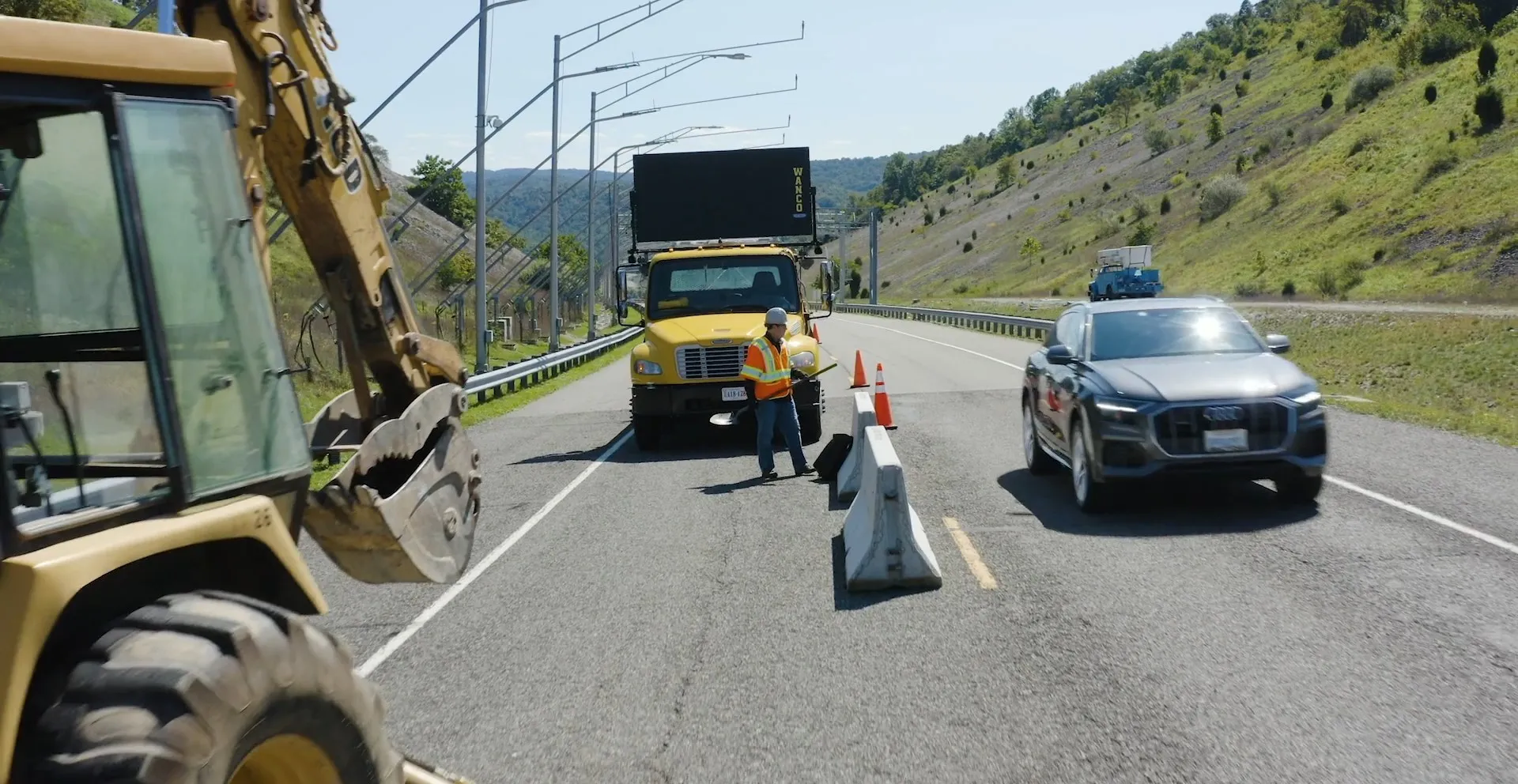The new service will renew equipment and provide an open, flexible and scalable telecommunications network to meet the future needs of the business as well as support HE in the development of connected vehicles and 5G.
NRTS connects HE's seven regional control centres, the national traffic operations centre and the 30,000 roadside technology assets including message signs, CCTV cameras and emergency roadside telephones.
These items include 3,327 CCTV cameras, 3,774 message signs, 229 weather stations and 7,155 SOS phones. The network enables traffic information services to provide accurate, real-time travel information to drivers and travel news providers. The message signs help warn drivers of potential hazards and display real-time journey information.
Tony Malone, chief information officer at HE, said: “Safety is at the heart of everything we do and this network, the central nervous system for England’s motorways, enables us to operate safe roads. We are pleased to be working with Telent Technology Services to deliver the reliability, resilience and innovation that will enable us to keep drivers safe and informed on our roads.”
Highways England awards NRTS contract to Telent Technology services
Highways England (HE) has awarded the second National Roads Telecommunications Service (NRTS) contract, valued £450m ($602m), to Telent Technology Services. The project aims to keep road users as safe and informed as possible on the UK's motorways and will run for seven years from March 2018. In addition, this technology will also continue to support the smart motorway and expressway programmes.
December 19, 2017
Read time: 2 mins









